The latest developments in tariff negotiations with the US have attracted great attention from businesses, investors, and analysts - Photo: QUANG DINH
According to information from the Ministry of Foreign Affairs , at around 8:00 p.m. on July 2, General Secretary To Lam had a phone call with US President Donald Trump about Vietnam-US relations and negotiations on reciprocal taxes between the two countries.
President Donald Trump appreciated Vietnam’s commitment to provide preferential market access for US goods, including large-engine cars. He affirmed that the US will significantly reduce reciprocal tariffs on many Vietnamese export goods.
Vietnam and the US "close" tariff deal, waiting for detailed announcement
The latest developments in tariff negotiations with the US have attracted great attention from businesses, investors and analysts. The biggest question, the key issue at the moment, is how the specific tax rate will be applied after Mr. Trump's announcement of a "significant reduction".
Mr. Nguyen The Minh, director of individual client analysis at Yuanta Vietnam Securities Company, said there are many possibilities.
In which, the US can apply a uniform tax rate to all goods, or apply different tax rates according to the localization rate and origin.
According to Mr. Minh, the general spirit of the new US tax policy is to reduce dependence on Chinese goods. Therefore, the most highly-rated scenario is that the US will impose a 20% tax on goods produced in Vietnam, with the specific tax rate depending on the proportion of raw materials imported from this country.
"If the actual tax bracket falls around 20%, this is still a positive signal, although it is higher than our initial expectation of 10-15%. This still helps Vietnamese goods maintain a competitive advantage compared to China, even compared to some countries in the region, but we need to wait for the specific tax rate that the US applies to each country," Mr. Minh assessed.
Regarding the possibility of a 40% tax on goods transiting through Vietnam, Mr. Minh said that the key issue is to wait for specific information, how to define and regulate what is transit goods, as well as Vietnam's solution to negotiate with the US to minimize the impact.
How will Vietnam stocks react?
Mr. Minh said that after the information about tariffs with Vietnam, the stock prices of American businesses such as Nike, Apple and some footwear companies increased again, reflecting investors' optimism before the results of the preliminary negotiations.
There are currently no specific levels of application and detailed regulations for each industry. However, this message from President Trump shows that the US wants to significantly reduce tariffs on Vietnamese goods - this is still a positive signal of the negotiation.
"However, to fully assess the impact on FDI attraction, it is necessary to consider the tax rate the US imposes on other countries," he said. Given the stock market reaction, Mr. Minh predicted that the impact would not be large.
"Similar to other events, the impact of tariffs will gradually decrease over time as businesses and investors have time to adapt. Therefore, investors should not sell off; the correction, if any, can be seen as a buying opportunity," Mr. Minh recommended.
From a cautious perspective, Mr. Minh noted that investors should limit holding stocks in industries directly affected by tariffs such as textiles, seafood, exported wooden products, and FDI-benefiting groups such as industrial park real estate, until the US announces its final decision.
Associate Professor Dr. Pham The Anh - Head of the Economics Department, National Economics University - also said that if the US applies different tariffs according to the localization rate, this will be positive news for the double-digit growth target. There are no detailed figures yet, but according to Mr. The Anh, if 20% is "not too bad a number".
Countries are racing to reach a trade deal with the U.S. With India, the two sides have been trying to push for a deal to reduce tariffs before July 9, but disagreements on dairy and agriculture have not been resolved, according to Reuters sources.
As for Japan, after nearly three months of negotiations without progress, the country is trying to lobby for an exemption from the 25% special tax imposed on the automobile industry - a sector that has been heavily impacted.
Tuoitre.vn
Source: https://tuoitre.vn/ong-trump-giam-dang-ke-thue-quan-voi-viet-nam-chuyen-gia-noi-ve-diem-mau-chot-20250703082526817.htm



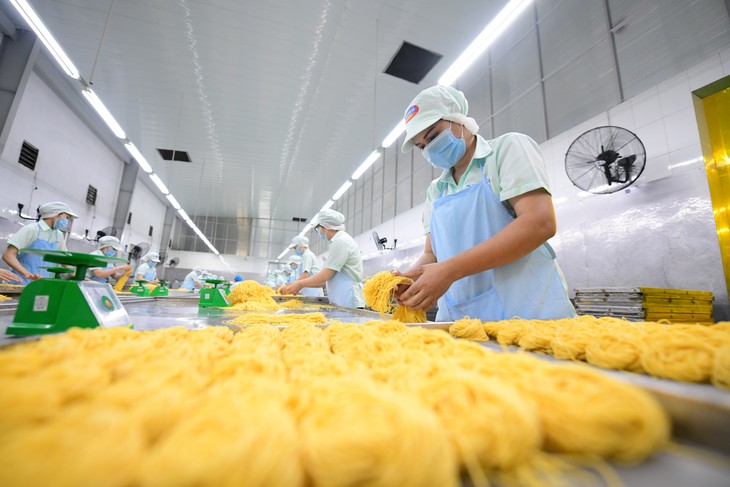
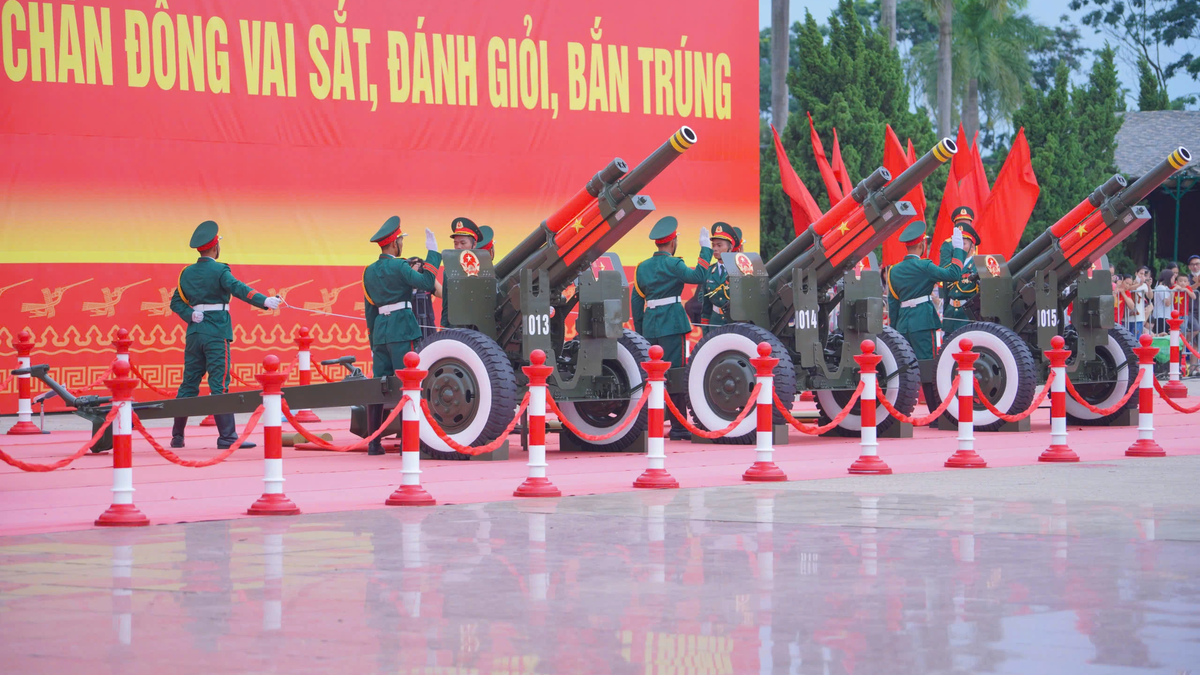




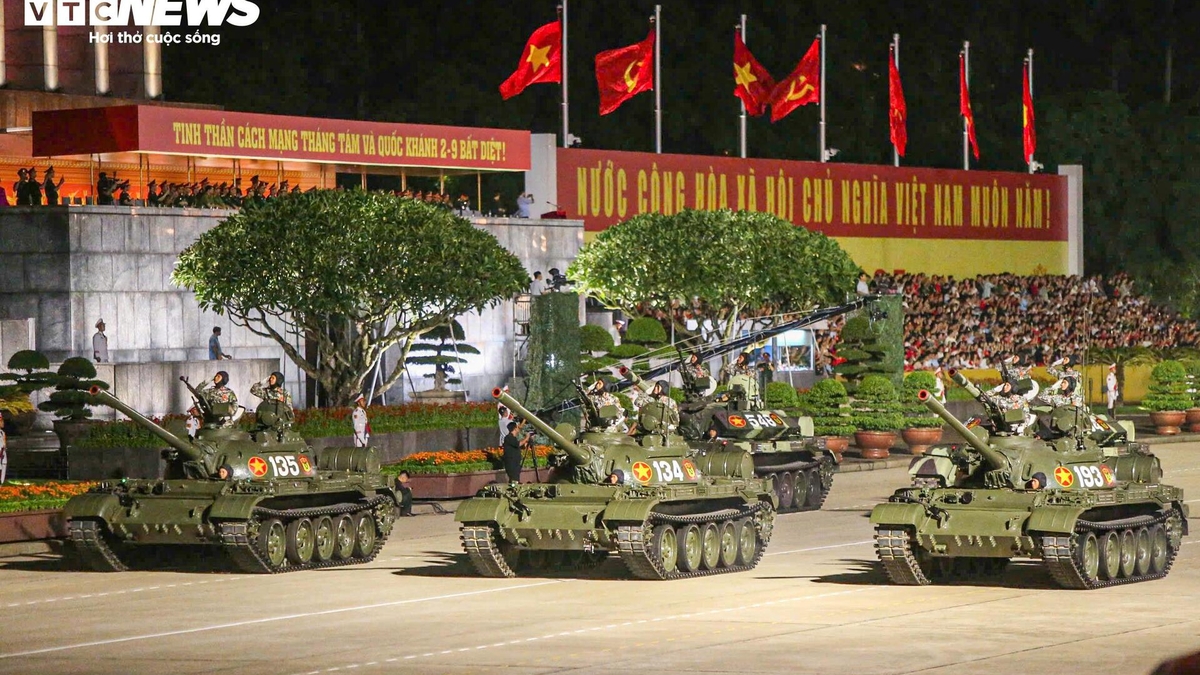
![[Photo] Party and State leaders meet with representatives of all walks of life](https://vphoto.vietnam.vn/thumb/402x226/vietnam/resource/IMAGE/2025/8/24/66adc175d6ec402d90093f0a6764225b)





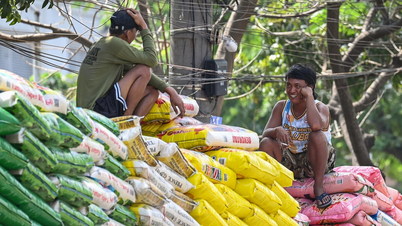










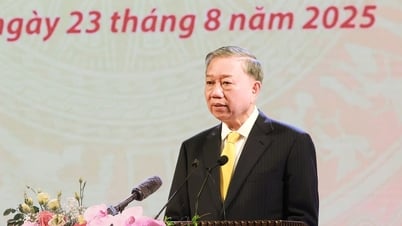



























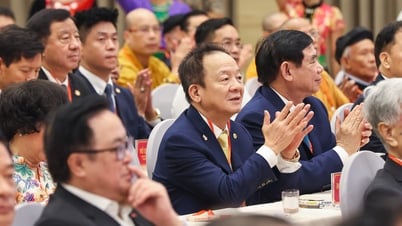











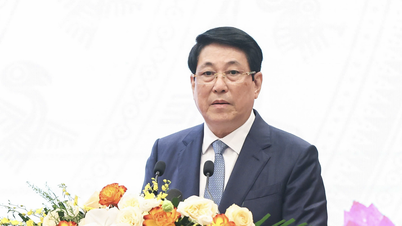















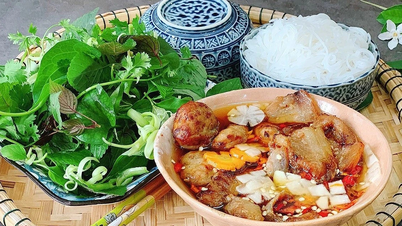

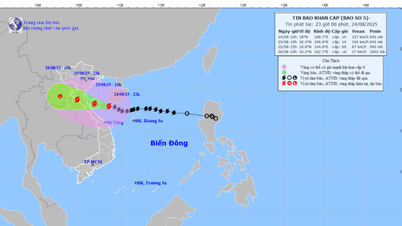














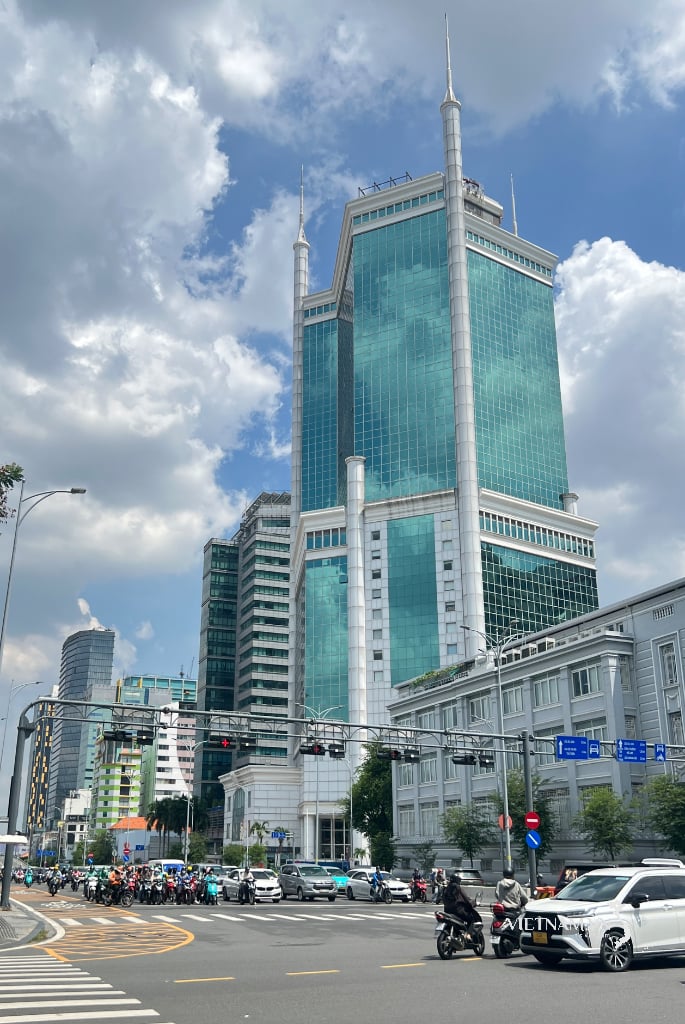

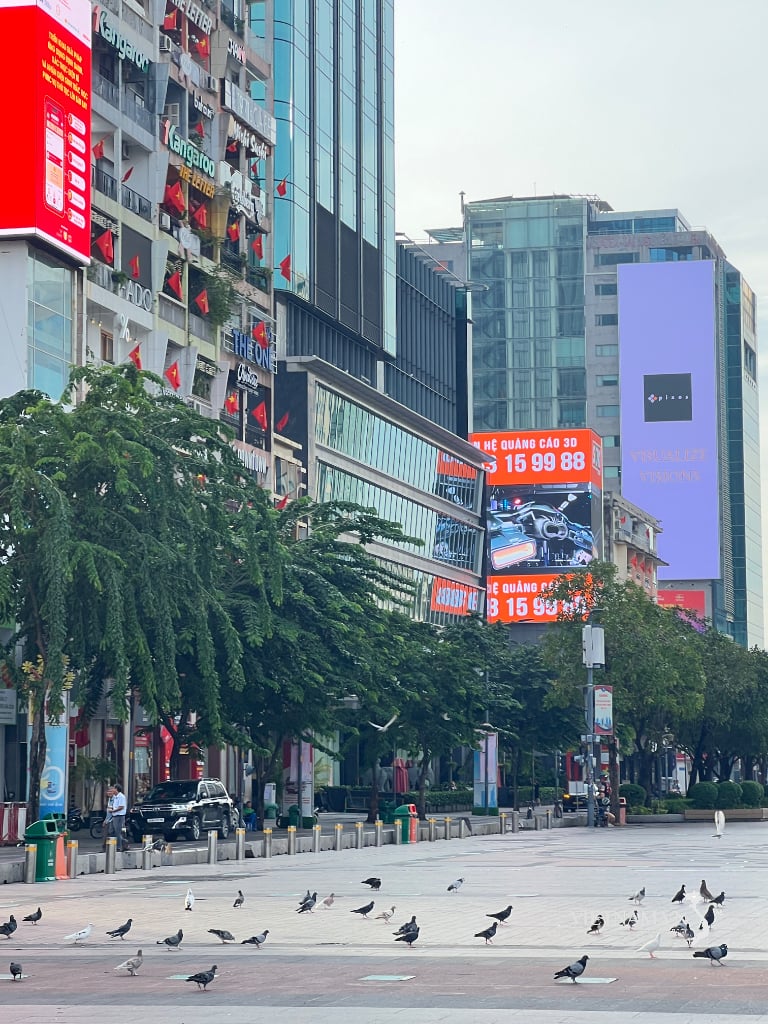

Comment (0)